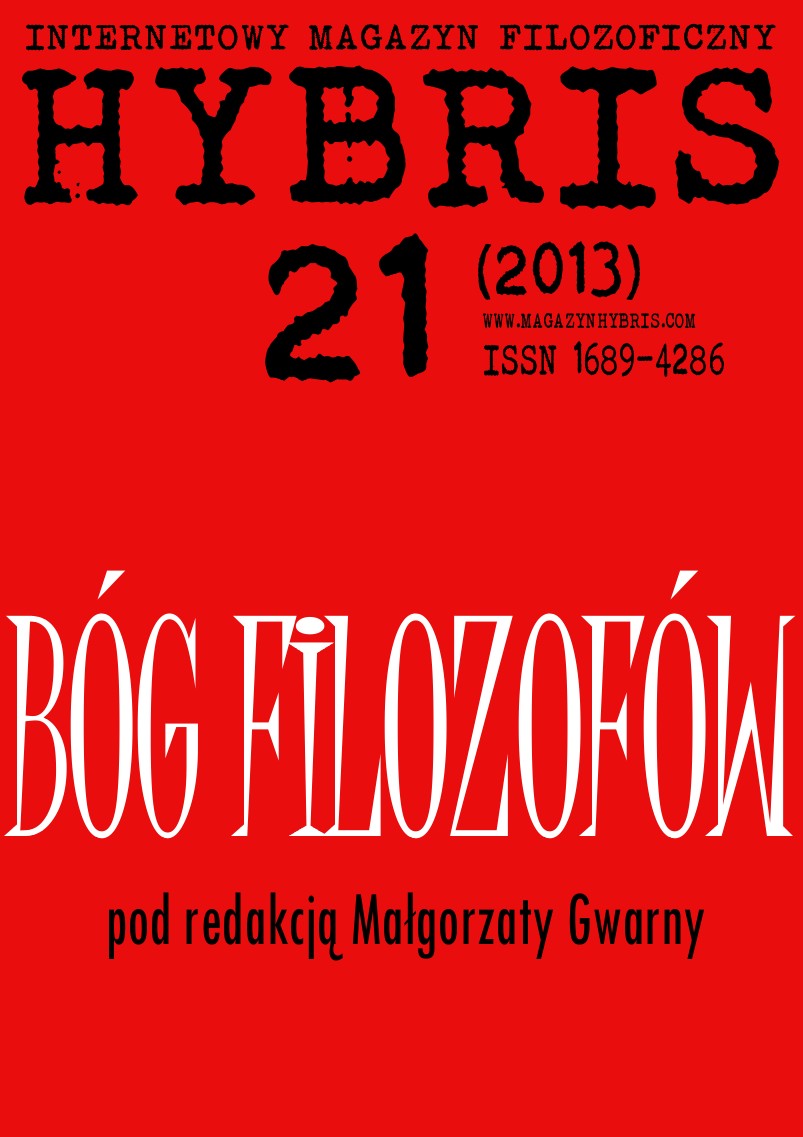The grammar of religious “to believe” in the context of languages games
DOI:
https://doi.org/10.18778/1689-4286.21.07Abstract
Wittgenstein’s philosophy of religion is not very well known in polish philosophical literature. His conception of language-games is sometimes vague. The article presents the problem of faith and religion in the context of Wittgenstein's language-games. The trouble with it is lack of precise definition of language-game. Still, under certain conditions, we can discuss faith and religion from the perspective of language-games. It becomes possible to indicate a specific religious language which could be treated as a language-game. Three components characteristic for language-games - some set of words (vocabulary), grammar, and form of life (which is inseparably related to language-game) - could be separated also for religious language. In the face of studies, faith appears as inseparably related to activity. That means that the believer is pushed to specified activities, and we can't talk about faith without these activities. Faith is a "picture" which affects the lives of believers and forms them.
Downloads
Published
How to Cite
Issue
Section
License

This work is licensed under a Creative Commons Attribution-NonCommercial-NoDerivatives 4.0 International License.






